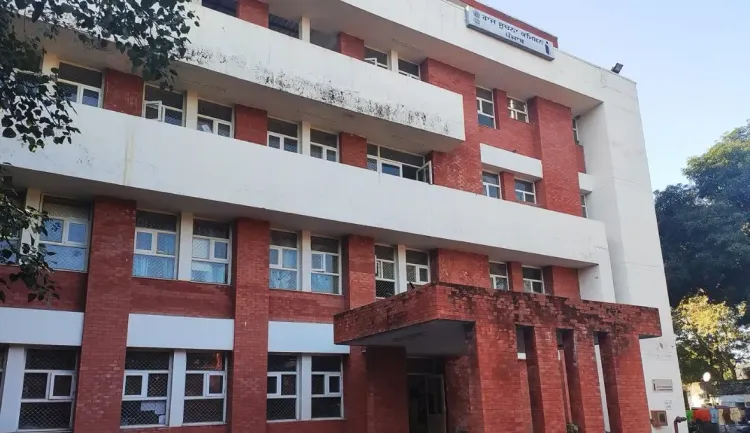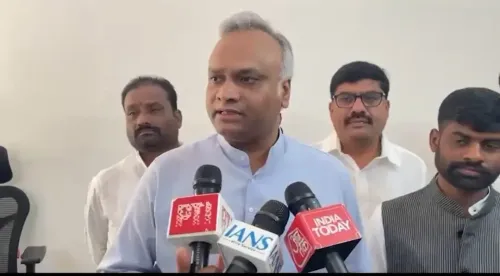Why Did the Punjab Information Commission Dispose of 75 Second Appeals?

Synopsis
Key Takeaways
- Punjab State Information Commission disposed of 75 second appeals due to vague requests.
- Commission stresses the need for specificity in RTI applications.
- Indiscriminate use of RTI can burden Public Information Officers.
- RTI is a tool for transparency, not a means of harassment.
- Applicants must respect the intent of the law.
Chandigarh, Nov 13 (NationPress) In a pivotal ruling, the Punjab State Information Commission has resolved 75 second appeals submitted by a lone appellant, Gurmej Lal from Ludhiana, who sought extensive and vague information from various public authorities throughout the state.
Commission Chairman Inderpal Singh Dhanna stated that Information Commissioner Sandeep Singh Dhaliwal highlighted during the announcement of the order that the appellant had been given several chances to revise his Right to Information (RTI) requests in a clear and point-by-point format, adhering to the stipulations of the RTI Act, 2005.
Despite numerous directives issued via multiple interim orders, the appellant did not comply.
The commission observed that the appellant's RTI submissions were primarily template-driven, featuring repetitive and non-specific inquiries, which not only entailed third-party records but also necessitated the aggregation of extensive data across various departments.
These requests were deemed to breach Section 7 (9) of the RTI Act, which prohibits the revelation of information that would unduly strain the resources of a public authority.
Conveying its concerns, the commission pointed out that such indiscriminate application of the RTI process imposes an undue burden on Public Information Officers (PIOs) and wastefully consumes the commission's time.
This, in turn, hampers the resolution of legitimate appeals and adds to the backlog, thereby undermining the core principle of transparency and accountability envisioned by the RTI Act.
The commission underscored that the Right to Information is a mechanism for transparency, not a tool for harassment.
Applicants should seek information that is precise, specific, and directly linked to their concerns or the public interest.
Misusing the law by submitting numerous vague and bulky applications obstructs the system rather than fortifying it.
In concluding the proceedings, Information Commissioner Sandeep Singh Dhaliwal noted that this ruling should act as a lesson for RTI applicants to responsibly and judiciously exercise their rights, respecting both the intent of the law and the administrative resources of public authorities.










